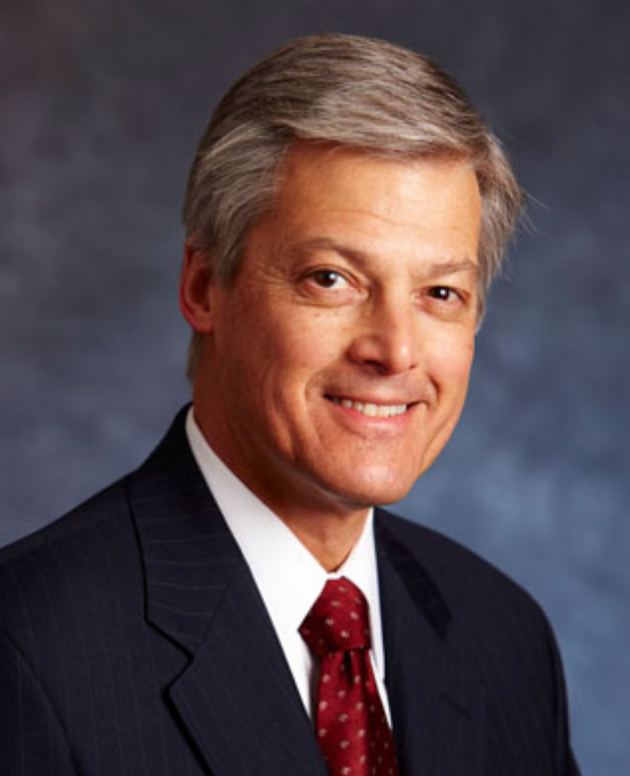Article by John Lewis, CEO of the East Valley Partnership
More than 35 years ago, business leaders on the east side of the Valley decided to give our growing region a name. The name chosen was the “East Valley.” It took some time for the name to stick, but it did.
Now, citizens in Greater Phoenix without hesitation refer to the area populated by citizens in Tempe, Mesa, Apache Junction, Queen Creek, Gilbert and Chandler, as the East Valley.
From the time it was named, the region grew by another 1 million residents, built major freeways, and added hundreds of thousands of jobs. At the same time, the East Valley was building a hub for both large and startup businesses. Today, the region is lauded for its talented and highly educated workforce (36 percent of our residents have at least a bachelor’s degree, compared to 29 percent nationwide), some of the strongest demographics for quality of life in the country, a premier K-12 education system, and innovative higher education opportunities. We also are one of the
fastest-growing regions in the country.
So why brand the region?
As we continued marketing outside of Arizona, it became abundantly clear that the East Valley had something different and special to offer to corporate and individual leaders, but that our region did enjoy name recognition in the same way areas such as “Silicon Valley” or “Research Triangle” did. As we spoke to leaders in other parts of the nation, we would say that we are in the “East Valley,” just east of Phoenix. Five years ago, upon being named president of the U.S. Conference of Mayors, Mesa Mayor Scott Smith would repeatedly be asked, “Where’s Mesa?” His response was “Mesa is in the East Valley.” With blank stares he would continue, “Just east of Phoenix.”
With former Mayor Smith’s encouragement, four years ago, East Valley leaders fielded a national study to put our region on a bigger national stage and identify a name that would be most appropriate in branding the region.
It was no surprise that the brand name selected was “PHX East Valley.”
I was serving as mayor of Gilbert when our new brand name was proposed. I gave some push-back, asking “Are you sure that there isn’t another name to consider?” As a board member of Mesa Gateway Airport at the time, I was reminded of the significant positive impact of the City of Phoenix and Sky Harbor Airport’s partnership at Gateway Airport. In 2007, the name of the airport changed from Mesa Gateway Airport to Phoenix-Mesa Gateway Airport. Instantly, business at the airport accelerated. Airlines could now identify to their customers that they had Phoenix offerings. Customers traveling to Phoenix had new options.
The success of the Gateway Airport made me realize that while I hoped that “Gilbert” would have great name recognition outside of Arizona, the reality was that our other great brand name in Arizona – “Phoenix” – would be needed to successfully brand and market my community and the other communities in the East Valley.
A recent story carried the headline, “’East Valley’ gets new name – but it’s pretty much the same as old one.” That may be true to some. What has changed is that the six communities that are part of the burgeoning PHX East Valley are now home to more than 1.3 million residents, with another 1 million expected by 2030, a diversity of companies – from global giants such as Intel and Boeing to entrepreneurial startups and home-grown businesses, and an airport that has grown into an economic powerhouse. PHX East Valley also has become the place for jobs – with 400,000 new positions expected to be added during the next 30 years.
If you haven’t been here in awhile, you undoubtedly will be amazed at the impressive East Valley area, just east of Phoenix!






